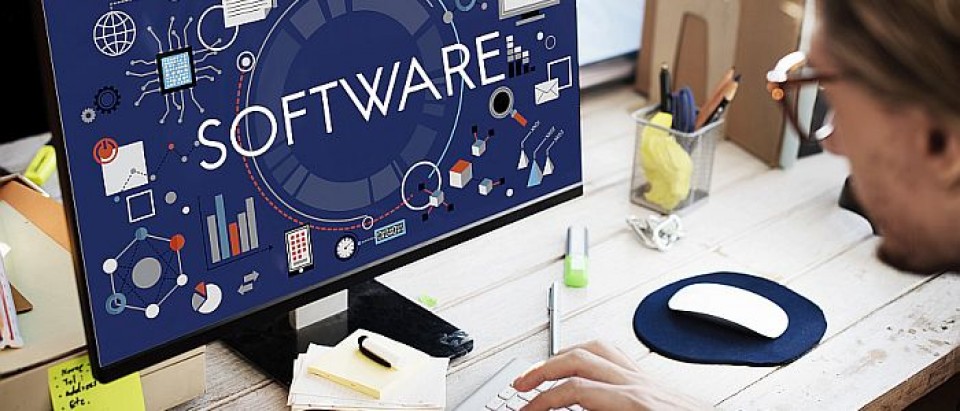Myths of IP – Part 3 – No Patents for Software
Some people dismiss the idea of getting patent protection for an app or computer programme because they believe there is a blanket prohibition on patents for software. However, this is a dynamic area of law, and there is no simple rule about whether your particular software will be patentable.
This is a question that comes up in court cases, where slightly different standards are applied around the world – there is a European focus on “technical effect”, the US pendulum is starting to swing back in favour of patentees, and Australian cases have identified a list of considerations including whether the claimed invention is technical in nature.
In New Zealand, before 2014, as long as the programme produced a commercially useful effect, it was treated like any other invention in considering whether it was patentable. For example, merely automating a known process does not produce a patentable invention.
The Patents Act 2013 introduced a new partial restriction on computer implemented inventions. No New Zealand court has considered the current legislation, but it was heavily influenced by UK case law, and there is a focus on identifying the actual contribution made by the invention.
Although the term “embedded software” does not appear in the legislation, the Act does contain the “Fisher & Paykel exception” as a specific example. A computer program on a chip, whose effect is to change the way in which a washing machine works, is patentable, because the actual contribution is a new method of washing clothes.
A general rule of thumb may be that if your software produces a real-world effect, it will probably be a patentable invention, but if all it produces is information, it is unlikely to be patentable.
Whether a patent is available will vary between developers and projects, but it can be a valuable way of protecting the market for companies producing software. Patenting will not be the right option in all cases, and the role of other intangible assets such as copyright and trade marks should also be considered.
Don’t write off the idea of a patent for your software just yet.
This article is part of a series of short items by our Intellectual Property specialist Virginia Nichols. This is general information, not legal advice. Contact us for specific tailored advice relating to your situation.
